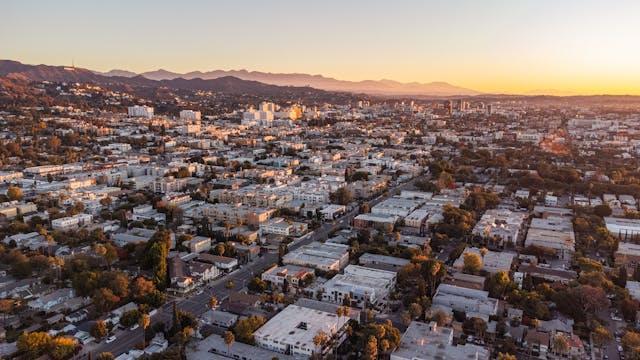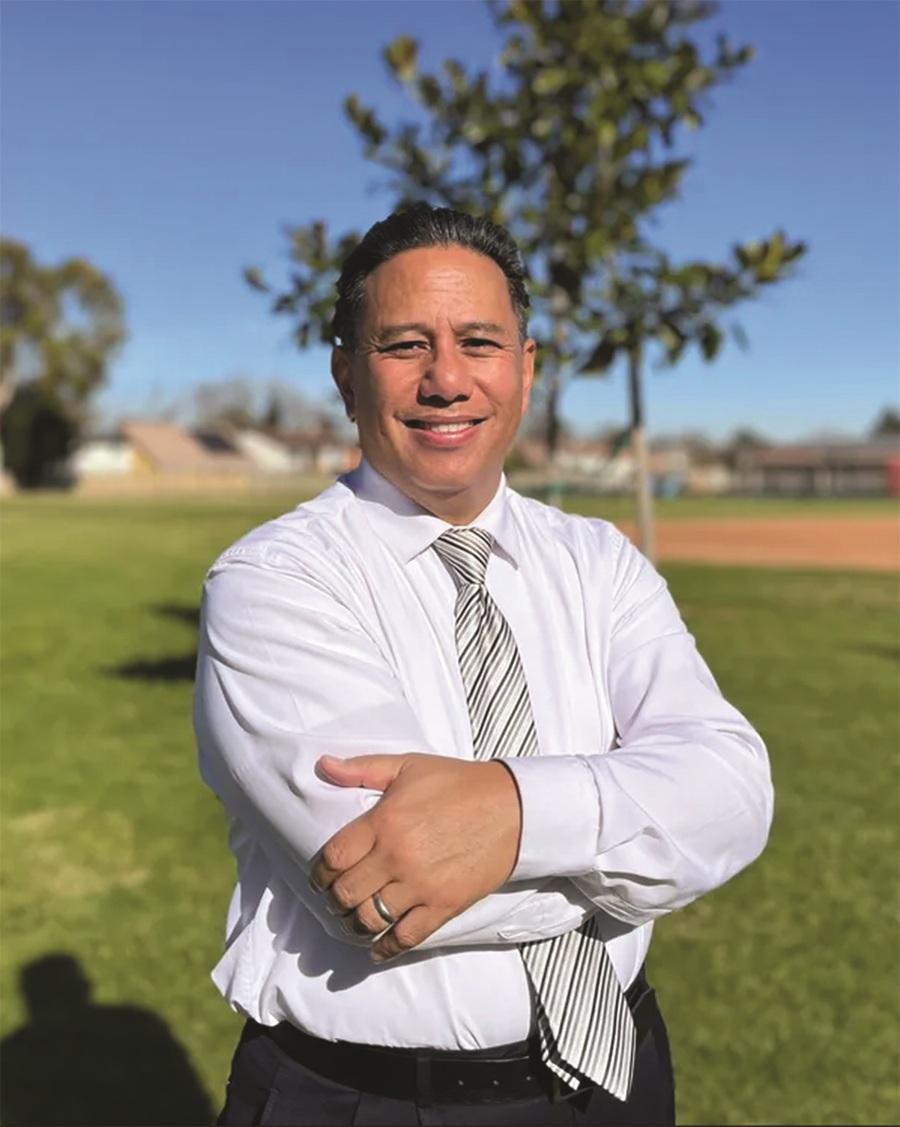The new coronavirus, and the ways in which it has drastically capsized daily life for people across the world, has become the most pressing, quite literally life or death, issue of the new decade.
Global pandemics affect everyone regardless of demographic markers, but in a world where justice and equity aren’t guaranteed, some communities are more vulnerable than others.
In a press telebriefing on Wednesday, April 1, Los Angeles County leaders discussed how the COVID-19 virus affects undocumented immigrants, one of the most vulnerable communities that, for years, has fought for its own basic, constitutional rights in the United States.
In regards to the concerns over public charge — the rule that could deny legal status to undocumented immigrants who receive public assistance — Daniel Sharp, the chief of the Office of Immigrant Affairs in the Department of Consumer and Business Affairs (DCBA), emphasized that seeking out health treatment related to COVID-19 does not count as a public charge.
“We are in a health crisis and I do want to make very clear that US Citizenship and Immigration Services (USCIS) has clarified in writing that any preventative services, testing or health treatment related to COVID-19 will not be factored into any future public charge,” Sharp told reporters on the call.
So those who are undocumented and wish to seek medical advice or treatment for the COVID-19 virus and have insurance or Medi-Cal are advised to call their primary care doctors first.
Sharp also mentioned that for those who are uninsured and living in LA County, My Health LA is a county-funded health care program for low-income Angelenos that Sharp said “will also not count against you” in regards to public charge.
As previously reported in the Asian Journal, the Trump administration expanded the list of social programs and benefits under the public charge rule.
But as Sharp said on the call, the Department of Homeland Security noted in the changed rule that benefits received by one household member won’t be counted against another living in the same home.
Due to the mass hysteria surrounding the pandemic, the uptick of “panic buying” and the high demand for paper goods and household supplies continues to surge, making it ripe for some business owners to price gouge certain items.
Local residents have complained that the prices for necessities like bottled water, hand sanitizer and toilet paper have shot up significantly since the pandemic as a way for shop owners to capitalize on people’s basic needs.
Maggie Becerra, deputy director of the Wage Enforcement Program at the DCBA, affirmed that price gouging is illegal for businesses, contractors or individual vendors to “sell or offer to sell any food items, goods, or services for a price of more than 10% above the price charged before the declaration of emergency.”
Becerra encourages all who see price gouging taking place to file complaints through the DCBA website. She added that it would also be helpful to include pictures, receipts or any form of documentation to include in the complaint.
“Our department has designated counselors and investigators to ensure that all reporting is recorded and reviewed for potential prosecution,” Becerra added. “We are working closely with the prosecuting agencies to ensure that action, in terms of the overpricing that we’re all seeing for vital and necessary items during this crisis.”
In addition to tackling the increase of price gouging occurring throughout the county, Becerra noted that the DCBA is also working to establish clear rules and regulations for businesses and its workers during this national emergency.
Many businesses across the Southland have been laying off employees as a way to keep their business afloat while others have remained open for business despite recommendations to close during the local emergency.
As the head of the Wage Enforcement Program, Becerra reminded those who work in unincorporated areas of the county that a minimum wage applies to employees who work at least two hours a week.
“We understand that both businesses and workers are experiencing challenges and are making sure their doors stay open while dealing with layoff and unemployment, and we are working closely with local and state agencies to make sure resources are available to help them because wages are equally important as workplace safety right now,” Becerra said.






